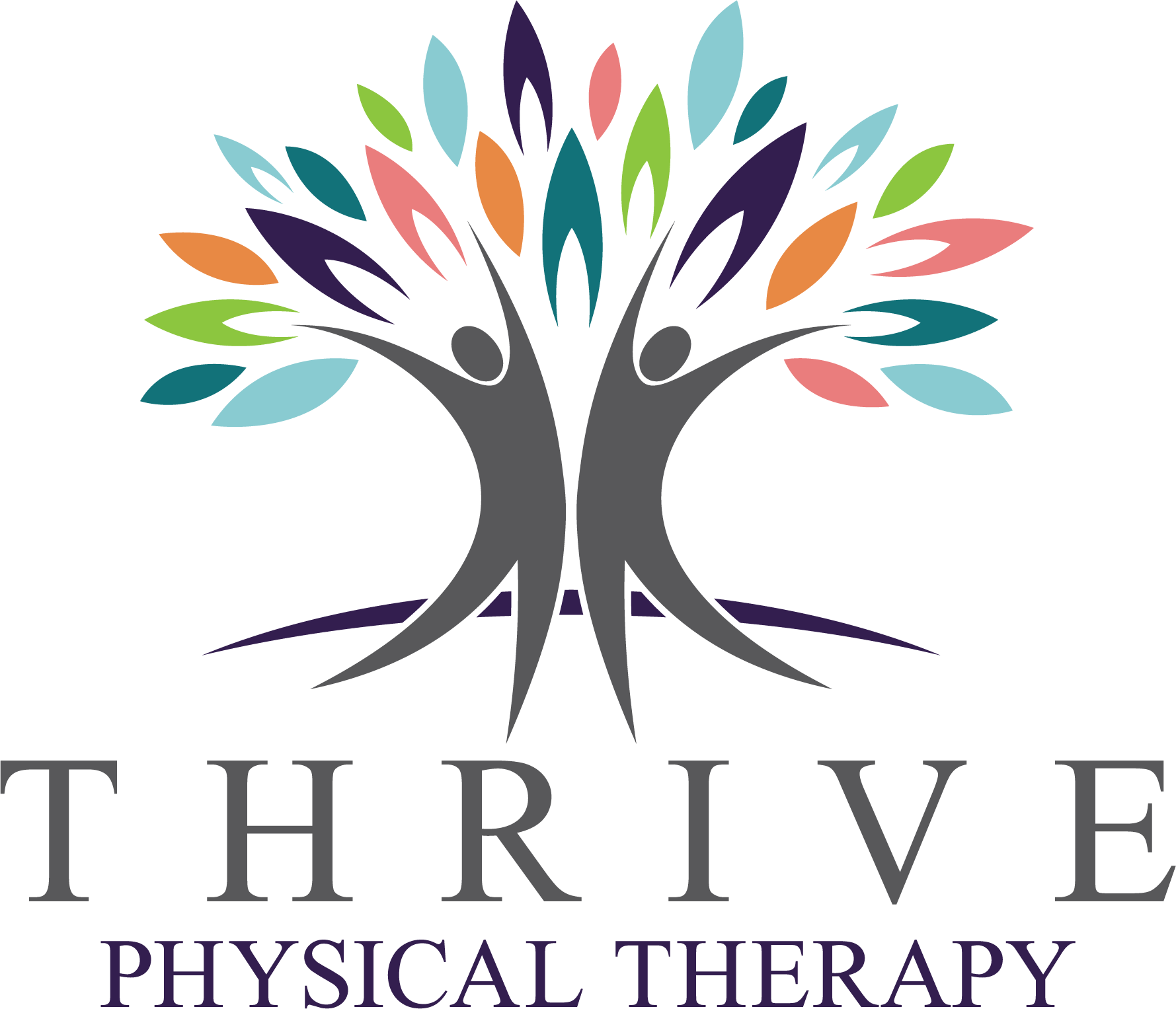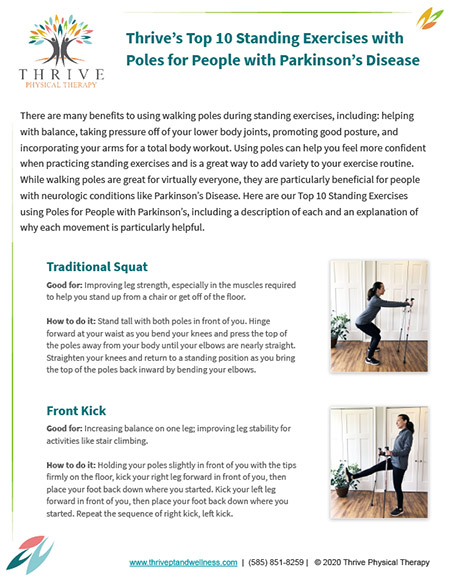During family holiday gatherings, a casual introduction at the playground, a night out with friends…
The conversation usually goes something like this:
Stranger/Friend/Family: “Oh, you’re a PT! Well, my (choose a body part) has been hurting me when I go like this or when I do that. Can you fix it?”
Me: “Well, although I’d love to help, I’m a neurologic physical therapist so I’m not going to be your best choice, but I can help you find someone who is.”
Stranger/Friend/Family: *stares with bewilderment*
Wait, you mean all PTs aren’t the same!?
As they look at me with a bummed expression, I tell them that if they had Parkinson’s Disease, a stroke, or a variety of other conditions that affect the brain, spinal cord, or peripheral nerves, I’d totally be their gal! For a cross-fit or golf injury, or anything of that sort, they’d have to talk to my ortho PT pal up the road.
Just like doctors, PTs often choose to specialize in an area of practice that best aligns with their unique interests and talents. Becoming a specialist may include completing a residency program, becoming board certified, doing research, attending lots of continuing education classes, keeping up to date on research, attending conferences, and more.

Therapists who specialize are often passionate about their field of interest and in addition to working with their patients, they often go above and beyond a traditional PT job and take on important projects including educating the public, developing innovative programs, promoting healthcare reform, and involvement in legislature.
The American Board of Physical Therapy Specialists offers board certification in 9 different specialty areas of practice which are: Cardiovascular and Pulmonary, Clinical Electrophysiology, Geriatrics, Oncology, Orthopaedics, Pediatrics, Sports, Women’s Health, and Neurology.
Therapists who are Board Certified Neurologic specialists will have the credentials NCS after their name. There are hundreds of different neurologic conditions that NCS therapists are qualified to expertly treat including:
-
- Stroke
-
Brain Injury
-
Parkinson’s Disease
-
Atypical Parkinsonism
-
Alzheimer’s Disease
-
Multiple Sclerosis
-
Spinal Cord Injury
-
Amyotrophic Lateral Sclerosis (ALS)
-
Cerebral Palsy
-
Guillain-Barré Syndrome (GBS)
-
Cerebellar Degeneration
-
Brain and Spinal Cord Tumors
4 things you should know about us neuro PTs:
The word neuroplasticity comes out of our mouths more times per day than the average person checks their text messages.
Neuroplasticity, or the brain’s ability to change continuously throughout an individual’s life in response to the environment, learning, and exercise, is often the foundation from which many neuro PT interventions are built upon. We utilize research-based principles of neuroplasticity to help the brain reorganize itself after an insult (such as stroke or brain injury) as well as to protect existing brain cells from further degeneration (such as happens with Parkinson’s Disease and Alzheimer’s).
We are self-proclaimed ‘Neuro Nerds’ and we wear the badge with honor.
What can I say, we just LOVE to learn! Neurology and neurologic rehab is a very complex and fascinating field of study and there is never a shortage of emerging research or challenging cases to explore. Neuro PTs are curious, optimistic, and willing to try out-of-the-box approaches to help you reach your highest potential.
We believe it’s never too early nor too late to get started with us.
Although earlier is best (for example, upon diagnosis for people with Parkinson’s disease), it is never too late to benefit from the knowledge, skill, or expertise of a skilled neurologic physical therapist. It was once thought that there was a finite window of time for recovery after stroke or brain injury but we now know that this is simply untrue. Neuro PT can be beneficial at any time along a person’s journey with a neurologic condition. Additionally, lifelong access to a PT specialized in your condition is very important. Here at Thrive Physical Therapy, we often recommend 6-month “check-ups,” just like you would have at a dentist’s office, to keep you on track to move and feel your very best for the long run.
We know that “Team work makes the dream work!”
Physical therapy evaluation and treatment is super important for people with neurologic conditions, but we are only one piece of your care team puzzle. We value working alongside your neurologist and other existing medical providers. Further, we are knowledgeable and competent to identify referrals to other professionals including a nutritionist, psychologist, neuro-opthamologist, speech language pathologist, or occupational therapist when they can fill in the gaps for optimizing your health and well-being.

If you are a person with a neurologic condition, get the most from your time spent in therapy and set yourself up for the most success by working with a therapist who deeply understands your condition! To find a board certified neurologic physical therapist, check out APTA’s resource here: http://www.abpts.org/FindaSpecialist/.
Sending you lots of joy and movement.
Your Neuro Nerd PT,
Ashley







